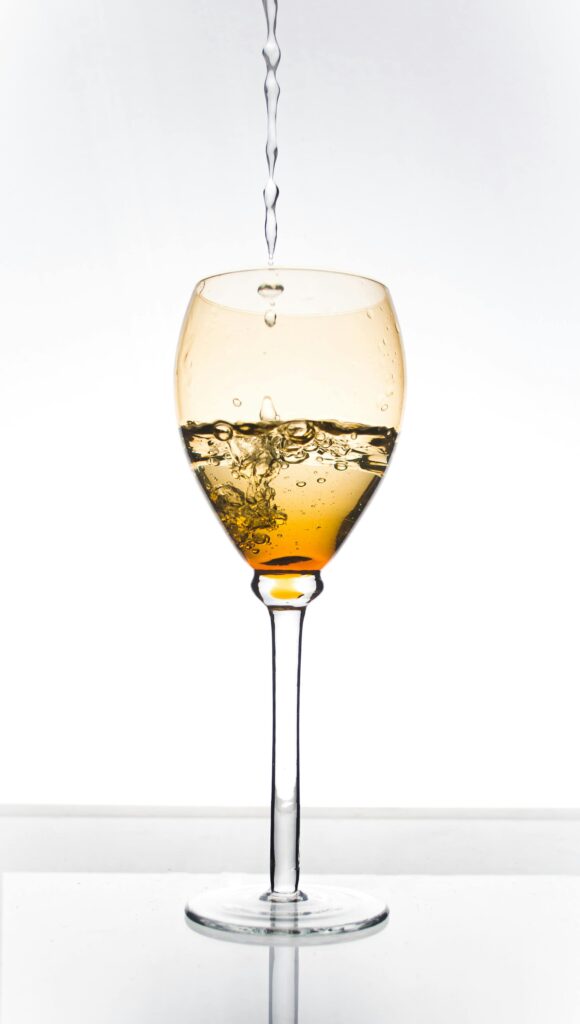Wine, unlike many other beverages, is renowned for its potential to improve with age. However, this doesn’t mean that all wines are meant to be stored indefinitely. Drinking wine past its prime can lead to a less than pleasant experience. Here’s why you should be cautious about opening a bottle that’s past its expiration date, brought to you by Ideal Wine Company.
Understanding Wine’s Lifespan
Most wines available on the market today are ready to drink and not designed for long-term aging. Typically, white wines should be enjoyed within 1-3 years of bottling, while reds can generally last slightly longer, up to 5 years. Only a small percentage of fine wines benefit from extended aging. It’s crucial to understand the intended cellar life of your wine to enjoy it at its best.
Taste and Aroma Deterioration
The most noticeable impact of drinking an expired wine is the change in its taste and aroma. Over time, the vibrant fruit flavors in wine can degrade and lead to flat, muted notes. Wines past their optimal consumption date may also develop an unpleasant, vinegar-like smell due to the oxidation process. This not only diminishes the drinking pleasure but can also spoil the nuances that the winemaker worked hard to create.
Chemical Changes in Expired Wine
As wine ages, chemical reactions between acids, sugars, and alcohols can continue to occur, sometimes leading to the formation of acetaldehyde, which is responsible for the vinegary smell in old wines. The breakdown of tannins and other phenolic compounds affects the structure and balance of the wine, often resulting in a less harmonious flavor profile.
Potential for Spoilage
Expired wines, especially those improperly stored, are susceptible to spoilage. Corked wines, where the cork has deteriorated, can allow bacteria to enter the bottle, leading to wine faults such as TCA (trichloroanisole) contamination, which imparts a musty odor and flavor. Additionally, if the wine has been exposed to heat or sunlight, it can accelerate spoilage, making the wine undrinkable.
Safety Considerations
While drinking a slightly over-aged wine isn’t likely to be harmful, consuming a wine that has significantly deteriorated can be unpleasant and potentially unhealthy if it shows signs of spoilage. It’s important to inspect the wine for any unusual odors, flavors, or appearances before deciding to drink it.
How to Tell if Your Wine Is Past Its Prime
- Look at the color: Wines that have aged too long may appear brownish or overly deep.
- Smell the wine: Any off or acetic smells are a clear indicator that the wine is past its prime.
- Taste a small amount: Oxidized wines will taste bland or like cooked fruit.
Conclusion
Drinking wine past its expiration date can lead to a disappointing experience, missing out on what the wine truly has to offer at its peak. Ideal Wine Company recommends keeping track of your wine’s storage conditions and expected lifespan. Enjoying a wine within its optimal time frame ensures you experience the full pleasure and complexity intended by the winemaker. Always strive for the best tasting experience by ensuring your wines are consumed at their best.

